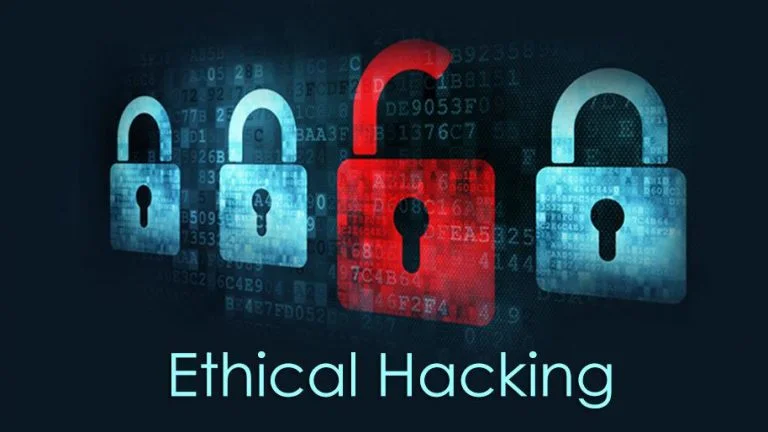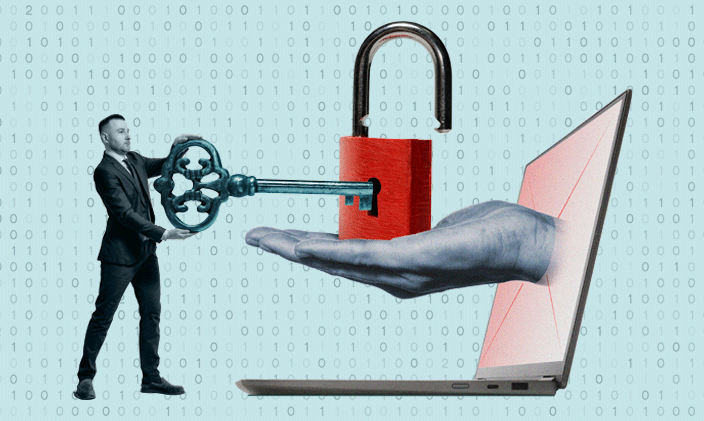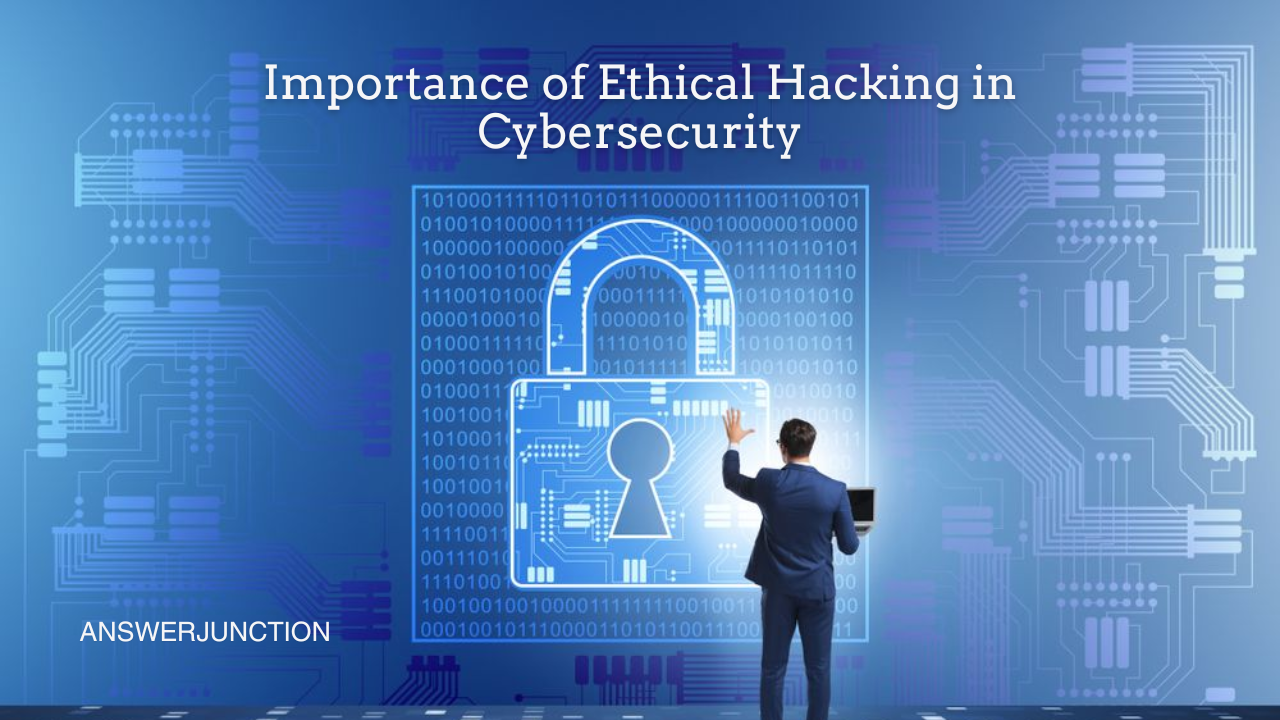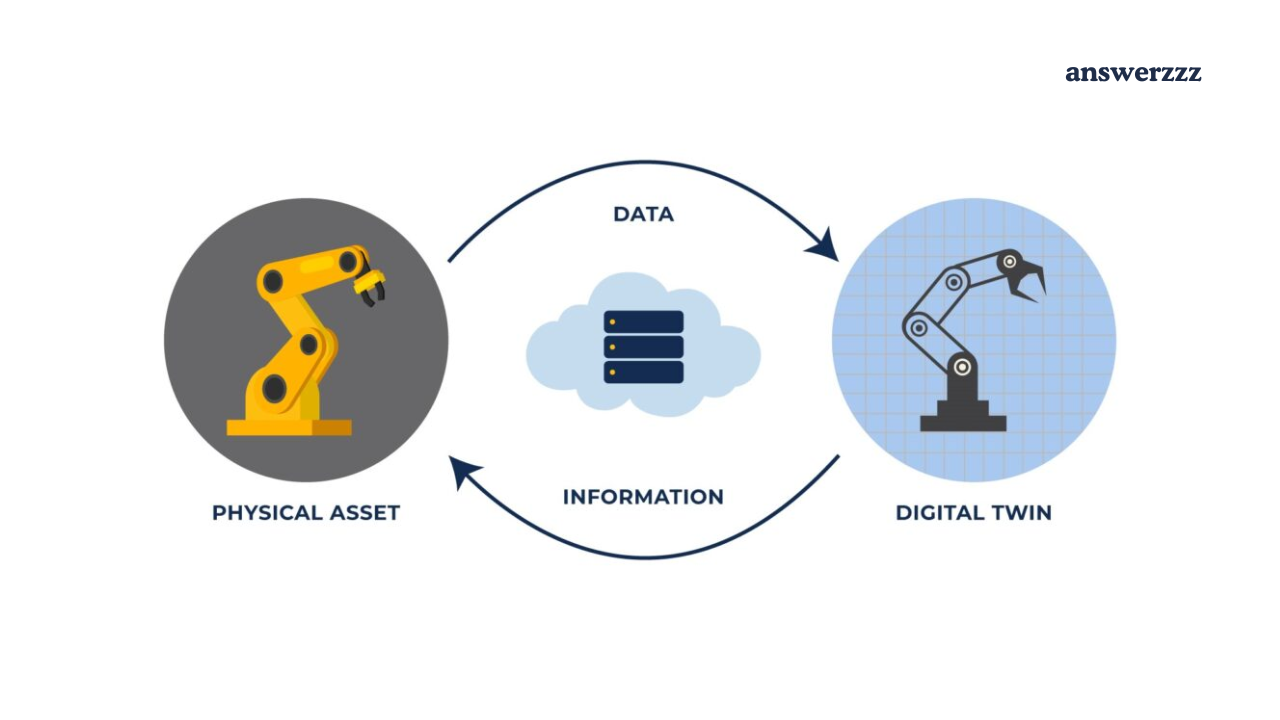In today’s digital age, cybersecurity has become a top priority for individuals, businesses, and governments worldwide. The rapid advancement of technology, coupled with an increased reliance on the internet and cloud computing, has led to a surge in cyberattacks, data breaches, and other forms of cybercrime. Ethical hacking, also known as penetration testing or white hat hacking, has emerged as a critical component in the battle against these malicious activities. This article delves into the importance of ethical hacking in cybersecurity, exploring its role, benefits, and impact on securing sensitive information.
What is Ethical Hacking?

Ethical hacking is the process of intentionally probing a computer system, network, or application to identify and fix potential vulnerabilities before malicious hackers can exploit them. Ethical hackers, often referred to as white-hat hackers, are cybersecurity professionals who use their technical skills to test the security of systems legally and ethically.
Ethical hackers operate within the boundaries of the law and follow strict guidelines and protocols. They perform penetration testing to simulate cyberattacks, identify weaknesses, and recommend solutions to improve the system’s security. Unlike black-hat hackers, who have malicious intent, ethical hackers are driven by a desire to improve cybersecurity measures and protect sensitive information from potential threats.
The Role of Ethical Hacking in Cybersecurity
Ethical hacking plays a crucial role in maintaining the integrity and security of digital systems. The rise in cybercrime has made ethical hacking indispensable in identifying and addressing security vulnerabilities that can lead to data breaches, financial loss, and reputational damage.
1. Proactive Defense Against Cyber Threats
One of the primary roles of ethical hacking is to provide a proactive defence mechanism against cyber threats. By identifying and addressing security flaws before they are exploited, ethical hackers help organizations stay ahead of potential attacks. These professionals simulate real-world attacks to uncover vulnerabilities in the system, allowing organizations to strengthen their defences and prevent malicious actors from gaining unauthorized access.
For example, an ethical hacker might simulate a phishing attack to test how employees respond to suspicious emails. The results can help organizations implement better security protocols, such as employee training or stricter email filtering systems, to mitigate the risk of such attacks.
2. Identifying and Fixing Security Vulnerabilities
One of the most significant contributions of ethical hacking is identifying security vulnerabilities in software, networks, and systems. Vulnerabilities can be exploited by cybercriminals to steal sensitive data, disrupt operations, or even take control of entire systems. Ethical hackers thoroughly assess these vulnerabilities by testing for weak points, such as unsecured networks, outdated software, and improper configurations.
By identifying these weaknesses, ethical hackers enable organizations to fix them before they can be exploited by malicious hackers. Whether it’s patching outdated software, updating security protocols, or reconfiguring network settings, ethical hackers ensure that vulnerabilities are addressed before they become critical risks.
3. Ensuring Compliance with Cybersecurity Regulations
In many industries, there are strict cybersecurity regulations that organizations must adhere to, such as the General Data Protection Regulation (GDPR) in Europe or the Health Insurance Portability and Accountability Act (HIPAA) in the United States. Ethical hacking helps organizations ensure they remain compliant with these regulations by identifying areas where security measures fall short of legal requirements.
Through ethical hacking, businesses can avoid the hefty fines, legal consequences, and reputational damage that can result from non-compliance with cybersecurity regulations. Regular penetration testing ensures that organizations are not only compliant with current regulations but also prepared for any updates or new requirements that may arise in the future.
4. Building Trust and Confidence in Digital Systems
With the increasing number of cyberattacks and data breaches, customers, clients, and stakeholders are more concerned than ever about the security of their personal and financial information. Ethical hacking helps build trust by demonstrating that an organization is actively working to protect sensitive data and ensure the security of its systems.
By hiring ethical hackers to conduct penetration testing and security assessments, companies can showcase their commitment to cybersecurity. This proactive approach reassures customers that their information is safe, which can lead to increased trust and long-term loyalty.
The Benefits of Ethical Hacking

Ethical hacking offers a wide range of benefits to organizations, governments, and individuals. From preventing data breaches to improving system efficiency, the value of ethical hacking cannot be overstated in today’s digital world.
1. Preventing Costly Data Breaches
Data breaches can have devastating financial and reputational consequences for organizations. A single breach can result in the loss of millions of dollars, not to mention the long-term damage to the company’s reputation. Ethical hacking plays a vital role in preventing these breaches by identifying potential vulnerabilities before they can be exploited.
By addressing these security flaws proactively, organizations can avoid the costly aftermath of a data breach, including legal fees, fines, and loss of customer trust. Ethical hacking helps businesses save money in the long run by reducing the likelihood of experiencing a catastrophic cyberattack.
2. Enhancing System Efficiency
Ethical hackers do more than just identify vulnerabilities—they also provide valuable insights into how systems can be optimized for better performance. During penetration testing, ethical hackers often uncover inefficiencies in the system that can be improved to enhance overall functionality.
For instance, an ethical hacker might discover that a company’s firewall is not configured correctly, leading to slower system performance and increased vulnerability to attacks. By addressing these inefficiencies, organizations can improve both their cybersecurity posture and the efficiency of their operations.
3. Encouraging Continuous Security Improvement
Ethical hacking fosters a culture of continuous improvement in cybersecurity. By regularly testing and assessing systems, organizations are constantly identifying new ways to improve their security measures. This proactive approach ensures that cybersecurity is not a one-time effort but an ongoing commitment.
As new threats emerge and technology evolves, ethical hackers help organizations stay updated with the latest security trends and best practices. Continuous security testing ensures that systems remain protected against the ever-changing landscape of cyber threats.
4. Supporting the Development of Secure Software
Software developers often work under tight deadlines, which can lead to the release of software with unintentional vulnerabilities. Ethical hackers play a crucial role in supporting the development of secure software by testing applications for weaknesses during the development process.
By identifying security flaws early in the development cycle, ethical hackers help developers fix these issues before the software is released to the public. This reduces the risk of cyberattacks on newly released software and ensures that end-users are protected from potential threats.
Types of Ethical Hacking
Ethical hacking encompasses a wide range of techniques and methodologies designed to assess the security of various systems. Here are some of the most common types of ethical hacking:
1. Web Application Hacking
Web applications are often prime targets for cyberattacks due to the vast amount of sensitive information they handle. Ethical hackers test web applications for vulnerabilities such as SQL injection, cross-site scripting (XSS), and authentication flaws. By identifying and addressing these vulnerabilities, ethical hackers help protect websites and web applications from being compromised by malicious actors.
2. Network Hacking
Network hacking involves testing the security of an organization’s network infrastructure, including routers, firewalls, and wireless networks. Ethical hackers simulate network attacks to identify weaknesses that could allow unauthorized access or data interception. Network hacking is crucial for ensuring that an organization’s network is secure and resistant to external threats.
3. Social Engineering
Social engineering is a technique used by cybercriminals to manipulate individuals into divulging sensitive information or performing actions that compromise security. Ethical hackers use social engineering techniques to test how susceptible an organization’s employees are to phishing attacks, impersonation, or other forms of manipulation.
By conducting social engineering tests, ethical hackers help organizations implement better training programs and awareness campaigns to prevent employees from falling victim to these tactics.
4. Wireless Network Hacking
Wireless networks are often vulnerable to attacks due to weak encryption protocols or improper configurations. Ethical hackers test wireless networks to identify vulnerabilities such as unauthorized access points or weak encryption methods. By securing wireless networks, organizations can prevent hackers from gaining access to their internal systems.
5. System Hacking
System hacking involves testing the security of individual computer systems or servers. Ethical hackers assess system configurations, user permissions, and software vulnerabilities to ensure that each system is properly secured. System hacking helps organizations protect sensitive data stored on individual machines and prevent unauthorized access.
The Ethical Hacking Process

The ethical hacking process typically involves several stages, each designed to thoroughly assess the security of a system or network. These stages include:
1. Reconnaissance
During this initial phase, ethical hackers gather information about the target system or network. This may involve passive techniques such as examining publicly available information or active techniques such as scanning the network for open ports.
2. Scanning
Once the ethical hacker has gathered enough information, they begin scanning the system or network for vulnerabilities. This may involve using specialized tools to identify weaknesses in the system’s configuration, software, or network infrastructure.
3. Gaining Access
After identifying vulnerabilities, the ethical hacker attempts to exploit them to gain access to the system. This step is critical in determining how easily a malicious hacker could penetrate the system and what damage they could potentially cause.
4. Maintaining Access
Once the ethical hacker has gained access, they may attempt to maintain their presence within the system to test the organization’s ability to detect and respond to ongoing threats. This step helps organizations evaluate their incident response protocols and improve their ability to detect intrusions.
How Technology is Influencing Modern Architecture and Design
5. Covering Tracks
In this final phase, ethical hackers simulate how a malicious hacker might cover their tracks to avoid detection. This involves removing any evidence of the attack, such as log files or system changes. By understanding how hackers hide their activities, organizations can implement better monitoring and logging systems to detect suspicious behaviour.
Ethical hacking is an essential component of modern cybersecurity. By proactively identifying and addressing vulnerabilities, ethical hackers help organizations protect their systems, data, and reputations from the ever-growing threat of cyberattacks. From preventing costly data breaches to ensuring compliance with cybersecurity regulations, the benefits of ethical hacking are undeniable. As technology continues to evolve, the role of ethical hackers will become even more critical in safeguarding the digital landscape.
Organizations that invest in ethical hacking demonstrate their commitment to cybersecurity and build trust with their customers, partners, and stakeholders. With cyber threats becoming more sophisticated and frequent, ethical hacking serves as a powerful tool in the fight against cybercrime, ensuring that systems remain secure and resilient in an increasingly connected world.




